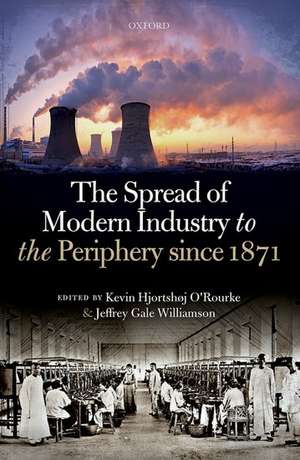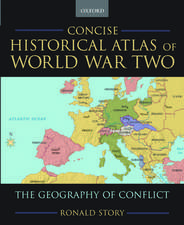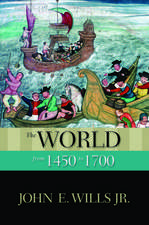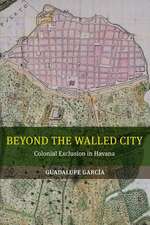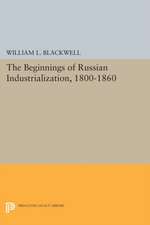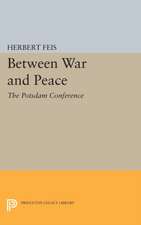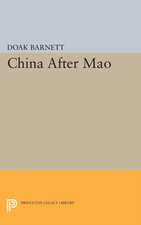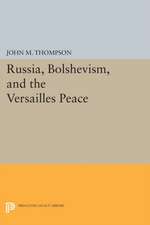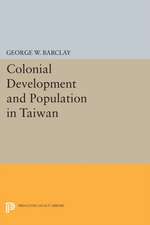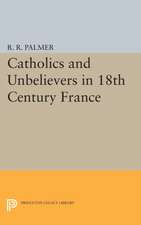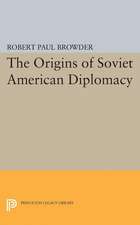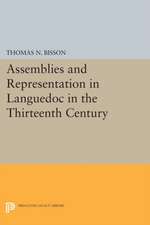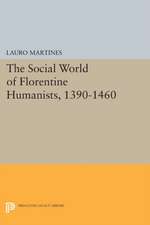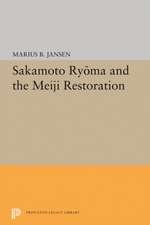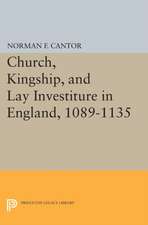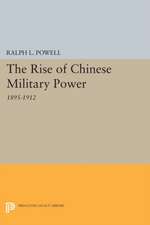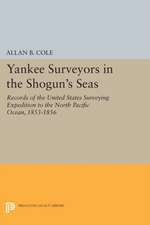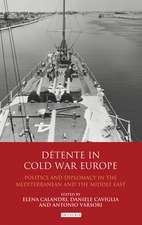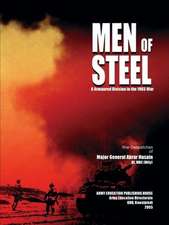The Spread of Modern Industry to the Periphery since 1871
Editat de Kevin Hjortshøj O'Rourke, Jeffrey Gale Williamsonen Limba Engleză Hardback – 30 mar 2017
Preț: 602.19 lei
Preț vechi: 860.78 lei
-30% Nou
Puncte Express: 903
Preț estimativ în valută:
115.24€ • 125.14$ • 96.80£
115.24€ • 125.14$ • 96.80£
Carte tipărită la comandă
Livrare economică 11-17 aprilie
Preluare comenzi: 021 569.72.76
Specificații
ISBN-13: 9780198753643
ISBN-10: 0198753640
Pagini: 410
Dimensiuni: 181 x 241 x 30 mm
Greutate: 0.73 kg
Editura: OUP OXFORD
Colecția OUP Oxford
Locul publicării:Oxford, United Kingdom
ISBN-10: 0198753640
Pagini: 410
Dimensiuni: 181 x 241 x 30 mm
Greutate: 0.73 kg
Editura: OUP OXFORD
Colecția OUP Oxford
Locul publicării:Oxford, United Kingdom
Recenzii
It is a great achievement in economic historical comparison and is well grounded in the datasets available. The book will for sure become a landmark in the provision of region-specific arguments for the dating and the explanation of industrialization processes across the globe.
Notă biografică
Kevin Hjortshøj O'Rourke is the Chichele Professor of Economic History at the University of Oxford, a Fellow of All Souls College, and the Research Director of the Centre for Economic Policy Research. He received his PhD from Harvard in 1989. He has previously taught at Trinity College Dublin, University College Dublin, Columbia University, and Sciences Po, Paris. He is a Member of the Royal Irish Academy and a Fellow of the British Academy, and has served as President of the European Historical Economics Society, and Vice-President of the Economic History Association. He has worked extensively on the history of the international economy.Jeffrey Gale Williamson is Laird Bell Professor of Economics, emeritus, Harvard University, Honorary Fellow, Department of Economics, University of Wisconsin-Madison, Research Associate NBER and Research Fellow CEPR. President of the Economic History Association (1994-1995), Chairman of the Harvard Economics Department (1997-2000), and Master of Harvard's Mather House (1986-1993), his most recent books are: Unequal Gains: American Growth and Inequality since 1700 (2016, with Peter Lindert) The Cambridge History of Capitalism (2 vols. 2014, edited with Larry Neal) Trade and Poverty: When the Third World Fell Behind (2011) Globalization and the Poor Periphery before 1950 (2006) and Global Migration and the World Economy (2005, with Timothy Hatton).
